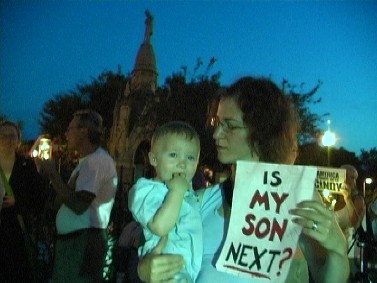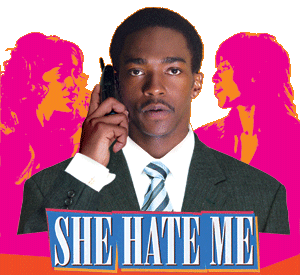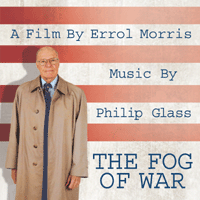Take Public Broadcasting Back
by Bill Moyers
Closing address
National Conference on Media Reform
St. Louis, Missouri
May 15, 2005
I can’t imagine better company on this beautiful Sunday morning in St. Louis. You’re church for me today, and there’s no congregation in the country where I would be more likely to find more kindred souls than are gathered here.
There are so many different vocations and callings in this room -- so many different interests and aspirations of people who want to reform the media or produce for the media -- that only a presiding bishop like Bob McChesney with his great ecumenical heart could bring us together for a weekend like this.
What joins us all under Bob’s embracing welcome is our commitment to public media. Pat Aufderheide got it right, I think, in the recent issue of In These Times when she wrote: “This is a moment when public media outlets can make a powerful case for themselves. Public radio, public TV, cable access, public DBS channels, media arts centers, youth media projects, nonprofit Internet news services . . . low-power radio and webcasting are all part of a nearly-invisible feature of today’s media map: the public media sector. They exist not to make a profit, not to push an ideology, not to serve customers, but to create a public—a group of people who can talk productively with those who don’t share their views, and defend the interests of the people who have to live with the consequences of corporate and governmental power.”
She gives examples of the possibilities. “Look at what happened,” she said, “when thousands of people who watched Stanley Nelson’s ‘The Murder of Emmett Till’ on their public television channels joined a postcard campaign that re-opened the murder case after more than half a century. Look at NPR’s courageous coverage of the Iraq war, an expensive endeavor that wins no points from this Administration. Look at Chicago Access Network’s Community Forum, where nonprofits throughout the region can showcase their issues and find volunteers.”
For all our flaws, Pat argues that the public media are a very important resource in a noisy and polluted information environment.
You can also take wings reading Jason Miller’s May 4th article on Z Net about the mainstream media. While it is true that much of it is corrupted by the influence of government and corporate interests, Miller writes, there are still men and women in the mainstream who practice a high degree of journalistic integrity and who do challenge us with their stories and analysis. But the real hope ‘lies within the internet with its two billion or more web sites providing a wealth of information drawn from almost unlimited resources that span the globe. . . If knowledge is power, one's capacity to increase that power increases exponentially through navigation of the Internet for news and information.”
Surely this is one issue that unites us as we leave here today. The fight to preserve the web from corporate gatekeepers joins media reformers, producers and educators -- and it’s a fight that has only just begun.

 Song for Cindy Sheehan Video
Song for Cindy Sheehan Video




































 Madeleine BAROUKHEL-MOUREAU
Madeleine BAROUKHEL-MOUREAU 




























0 Comments:
Post a Comment
<< Home